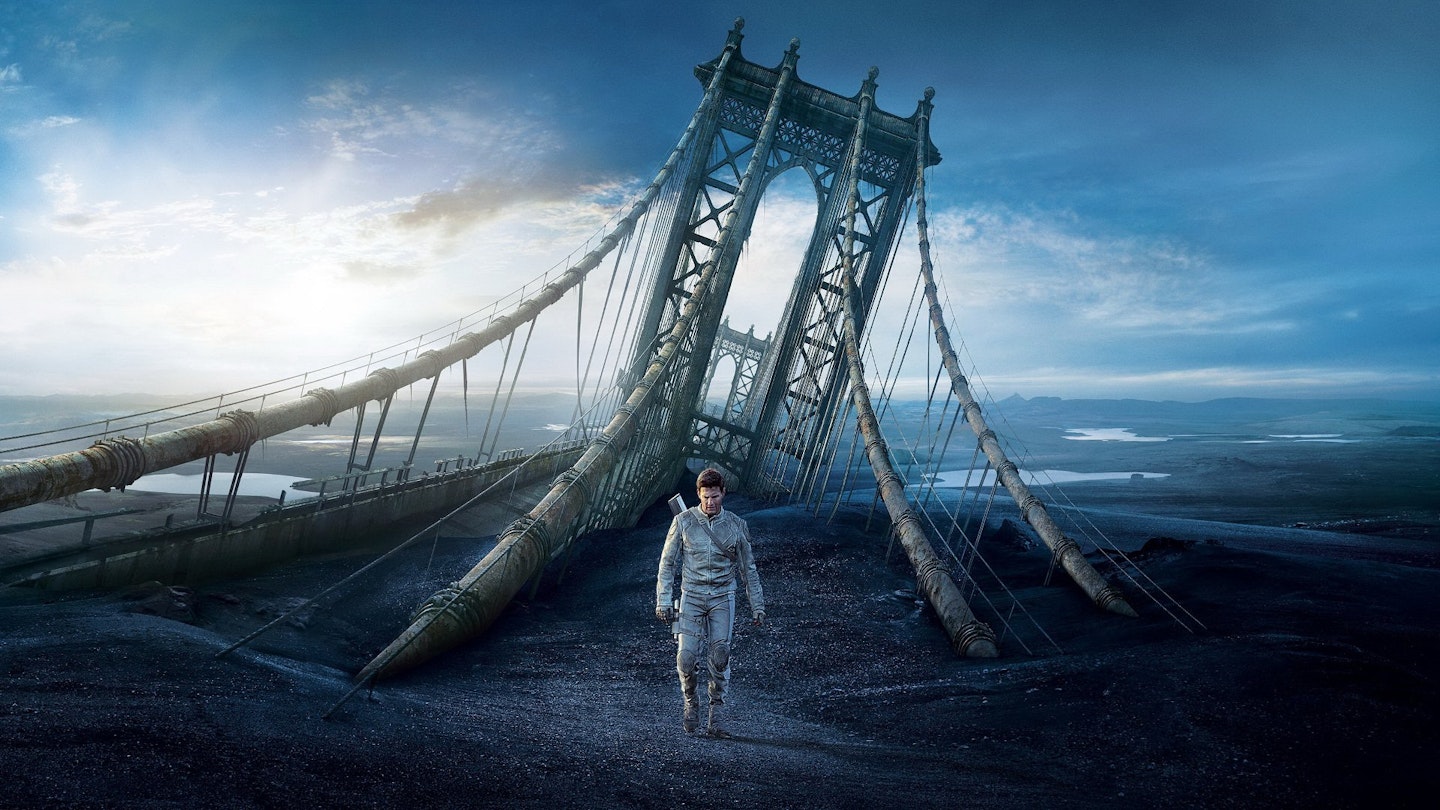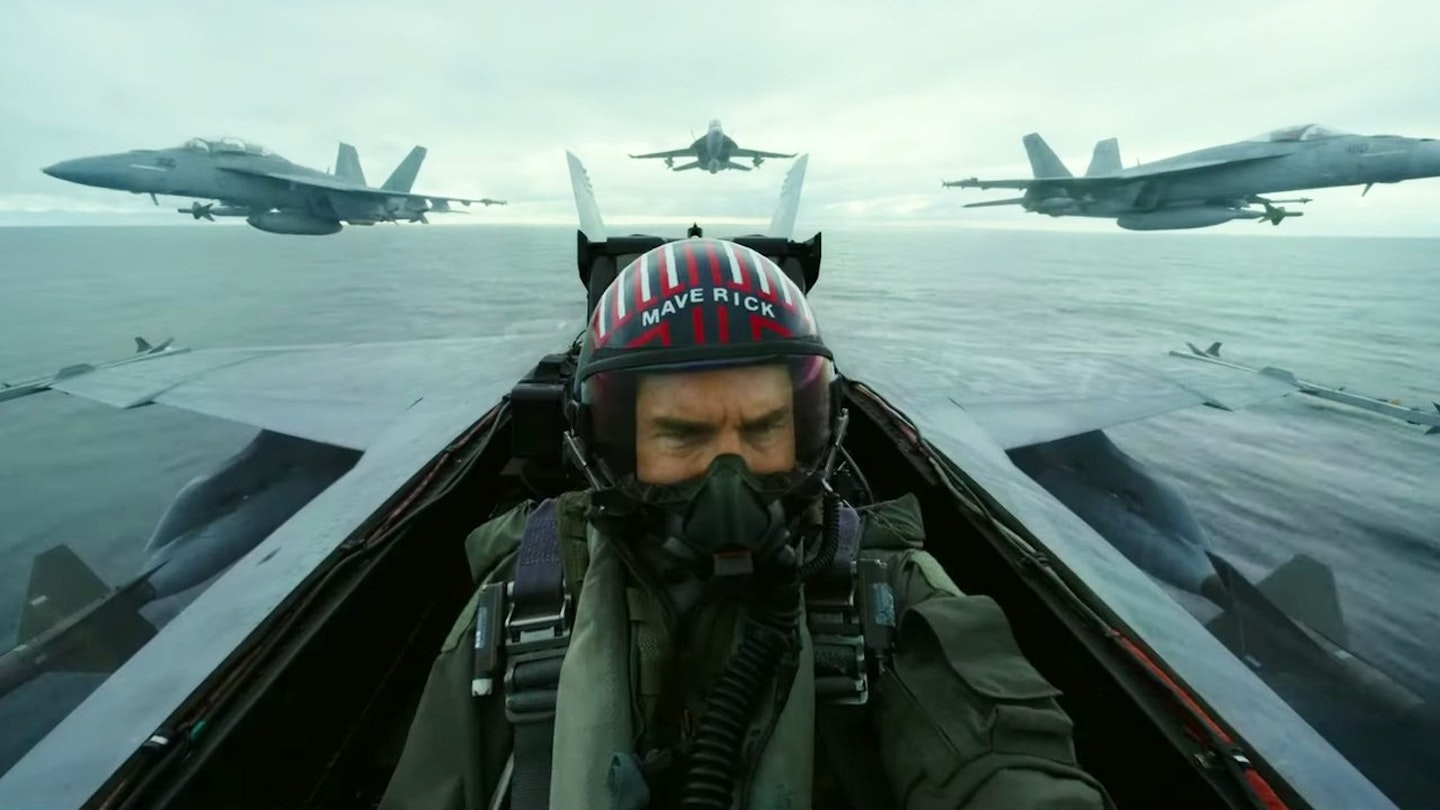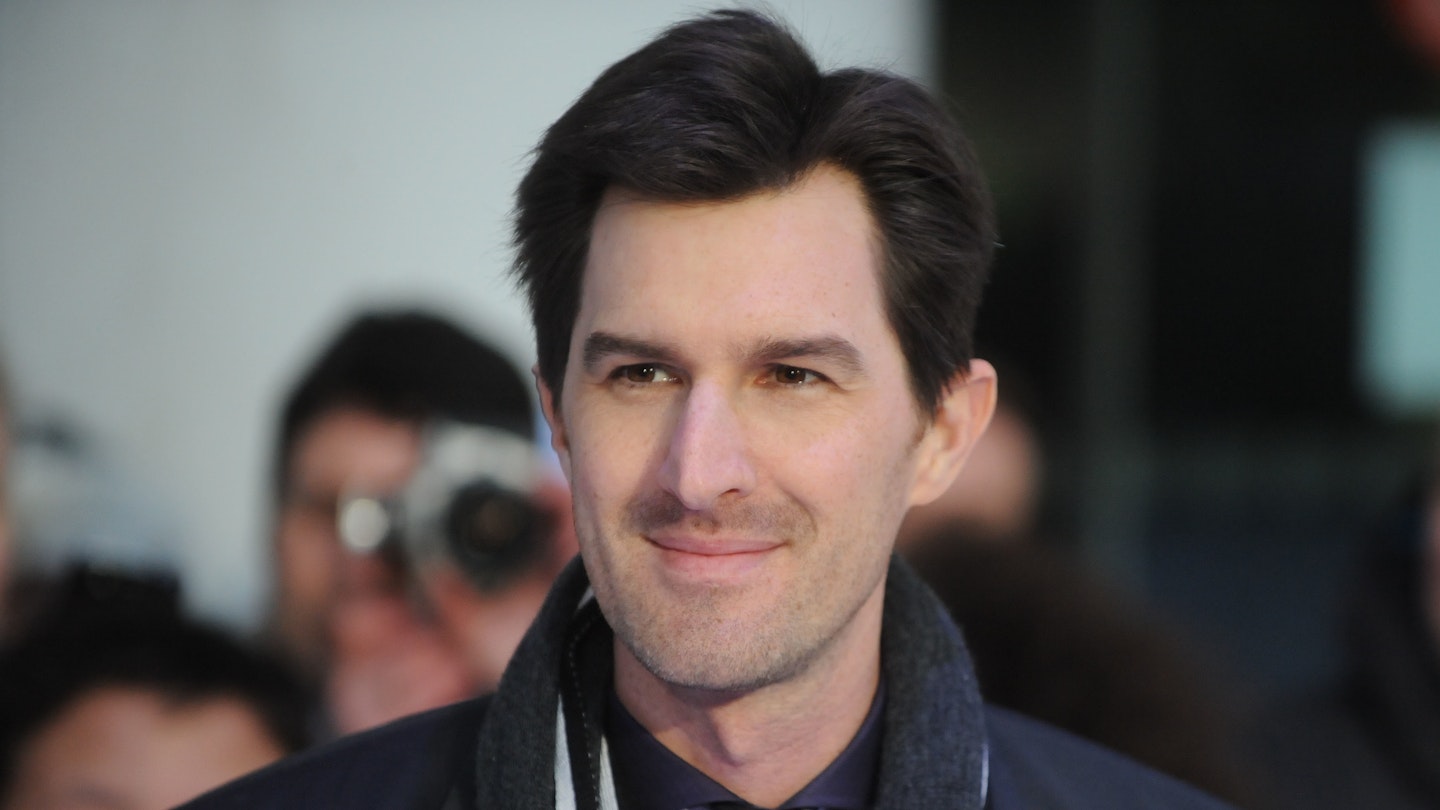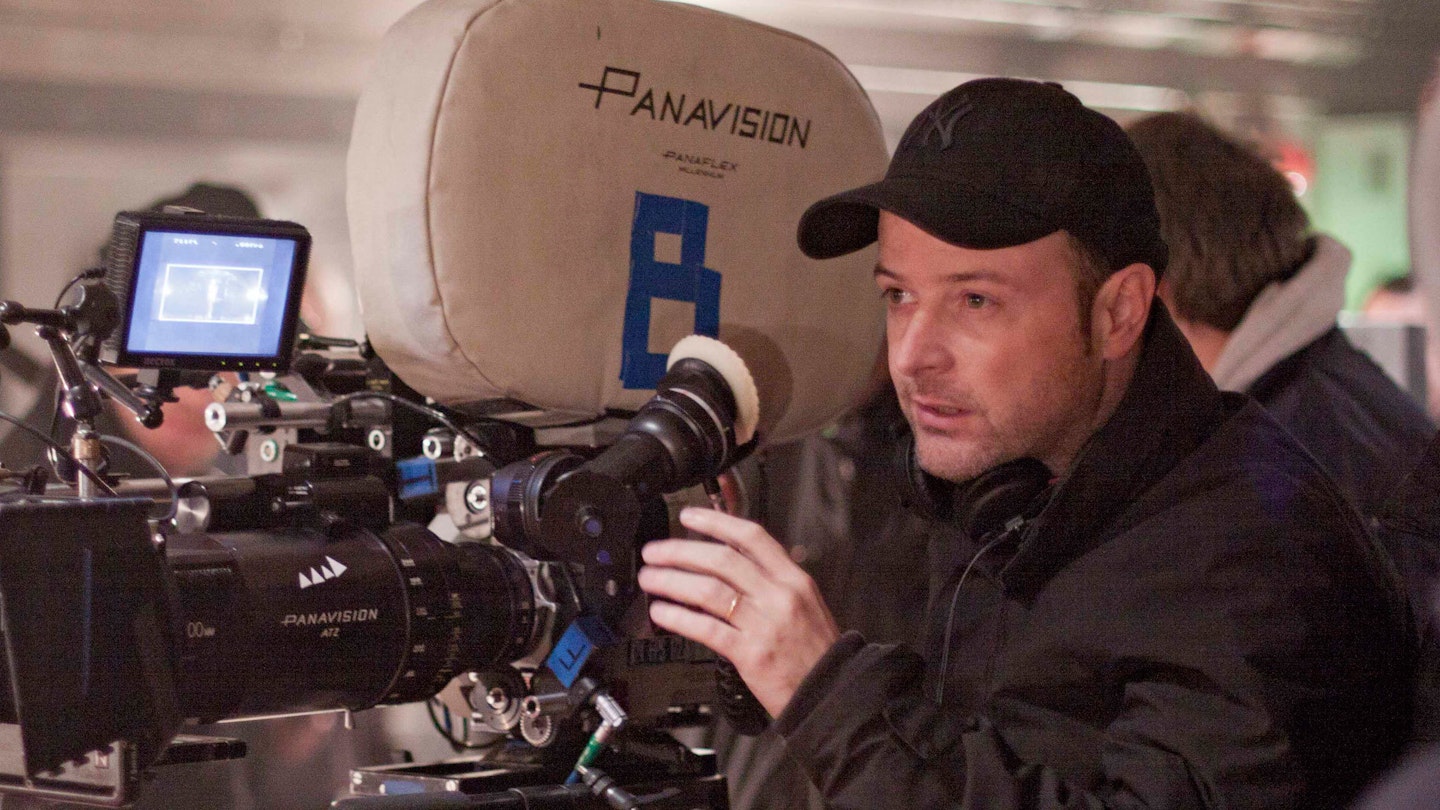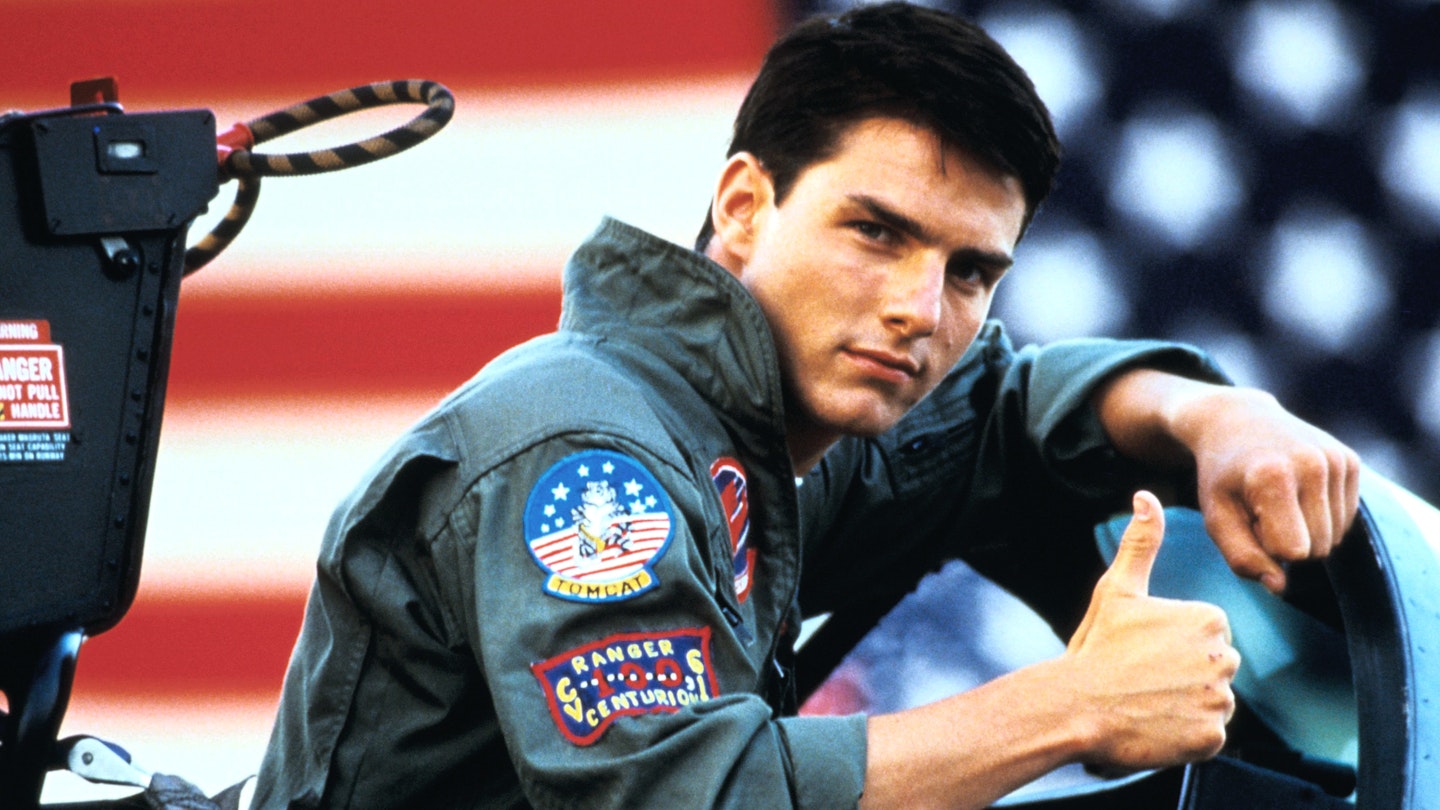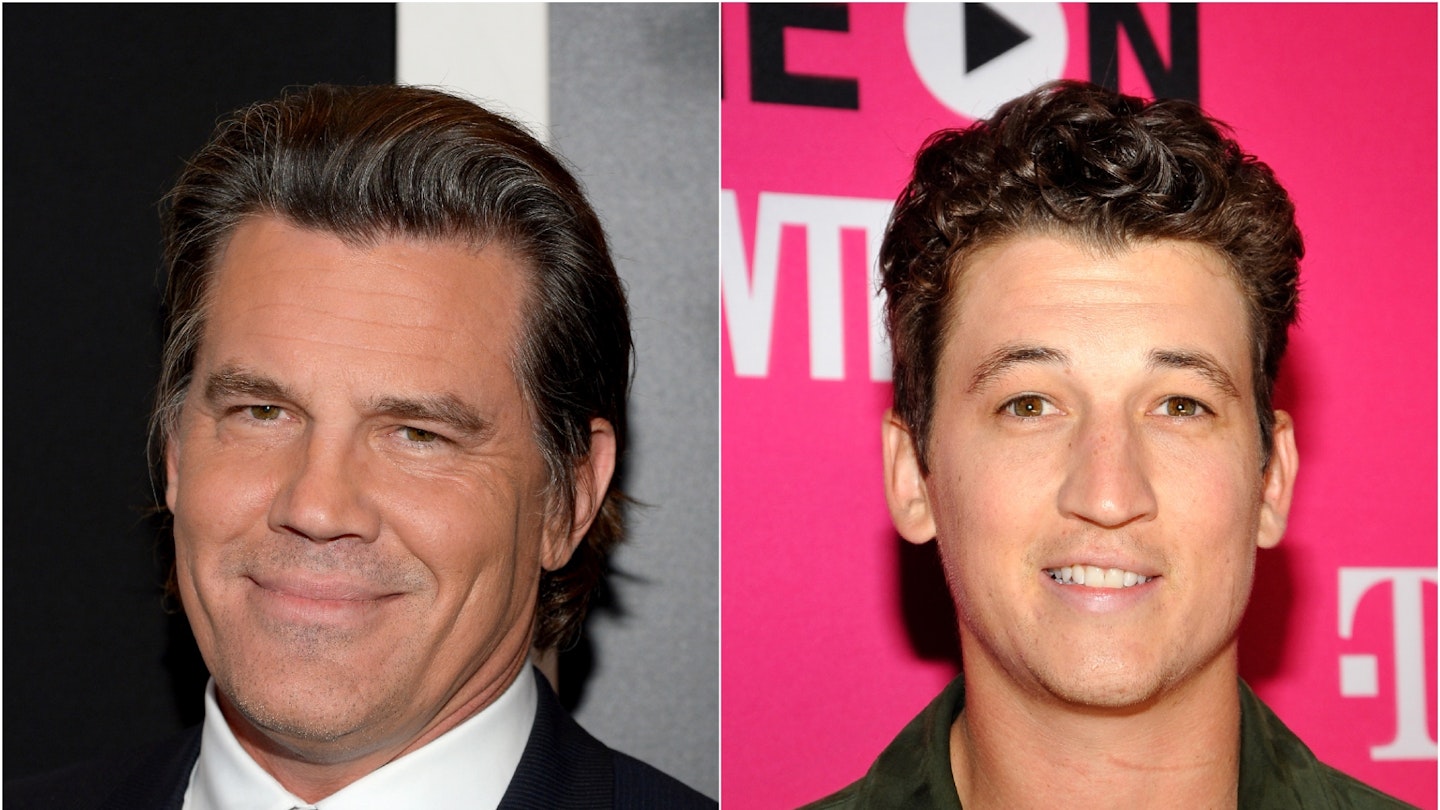In 2009, Joseph Kosinski was given a peach of a first-time directing gig, making a sequel to Tron with an enormous budget and effects department beyond the original’s most lurid electric dreams. Tron Legacy showed three things: 1) Kosinski was masterful at creating an entirely imagined world right down to the tiniest detail; 2) He liked big, Messianic plots and taking time to explore them; and 3) He was a lot better with scenery than people. With Oblivion, based on a comic book he wrote in 2005 but never published, Kosinski reasserts those first two points and only moderately improves on the third.
Oblivion has a crowded imagination and an empty heart. It blasts you with information in the opening few minutes. Before you've had time to finish chewing your first mouthful of popcorn we have learned that Earth was attacked by aliens in the late 21st century and its moon smashed to space rubble, causing earthquakes and floods that obliterated the population. Nuclear war followed, leaving the place a horrible mess, so most of humanity has left for a new home called Titan, and all that remains on Earth are the invaders, scattered in underground tribes, some huge water-processing thingums that are converting energy from the seas for Titan in some way, and Jack and Victoria, a couple played by Tom Cruise and Andrea Riseborough. Day in, day out, they guard the equipment, all alone on Earth in a condo in the clouds, full of hard, shiny surfaces that suggest that in the decades ahead, comfort will become deeply unfashionable. Their only contact besides each other is with their prickly contact (Melissa Leo) on a giant monolith that acts as a relay between humanity’s old and new homes.
After this initial onslaught of information, the brakes are pulled on and Kosinski takes his time exploring his world, which, given the wonderful art direction, is a curiously calming, absorbing fantasy travelogue. Jack pootles about fixing drones — spherical security guards that look like HAL’s robo-dog and make a noise like a grumpy Speak & Spell — and taking quiet time in a lodge by a lake. It feels real, partly due to being shot on actual locations, primarily in Iceland, rather than via green-screen. There’s a bit of Mad Max to this stretch of a man just surviving in a thankless world, and these scenes, in which very little actually happens, are actually more enticing than the time after the film decides to pile on the plot. Jack finds a mysterious woman (Olga Kurylenko), whom he knows from his dreams, and some hidden humans (led by Morgan Freeman), and it becomes a puzzle of who knows what, who doesn’t actually know what they think they know, and what the things are that may or may not in fact know the things they think they know. For all its convolution, Kosinski actually lays his plot out rather smoothly. Its twists all have twists, but not to the point that they’re difficult to follow, and the ending is at once complex and neat, like the centre of a spider’s web. It is a fine story. Yet it’s so hard to invest in it, because the characters are so flimsy.
As with Tron Legacy, there is the sense that Kosinski considers his characters merely tools for getting him to a big reveal. He doesn’t seem interested in exploring the people, but using them to explore a grand idea. That’s not always a bad thing. There are plenty of sci-fi movies that hinge on you caring what odd thing is going to happen rather than about the people it’s happening to, an obvious example being 2001: A Space Odyssey, which is referenced several times here. But that’s not really the sort of film this is. Its big moments centre on relationships and love, and the primary themes are humanity and identity, yet the characters aren’t burdened with either. Cruise is an actor so famous that he will always be fighting to disappear behind a role, but Jack is, more than most, just a ‘Tom Cruise role’. He doesn’t have any personality separate from the man playing him. Riseborough is the only one who really comes off as a complete person, which is all the greater achievement given that hers is the character who is, on paper, the least significant. She gives a sad, trapped performance that lends some humanity to this desolate world.
On one level, Oblivion is a strong sci-fi riddle boldly staged, yet that’s only half its ambition. As a story of a man struggling with his place in the world and with the power of love to conquer all, it’s as dry and crumbly as its nuked landscape.
